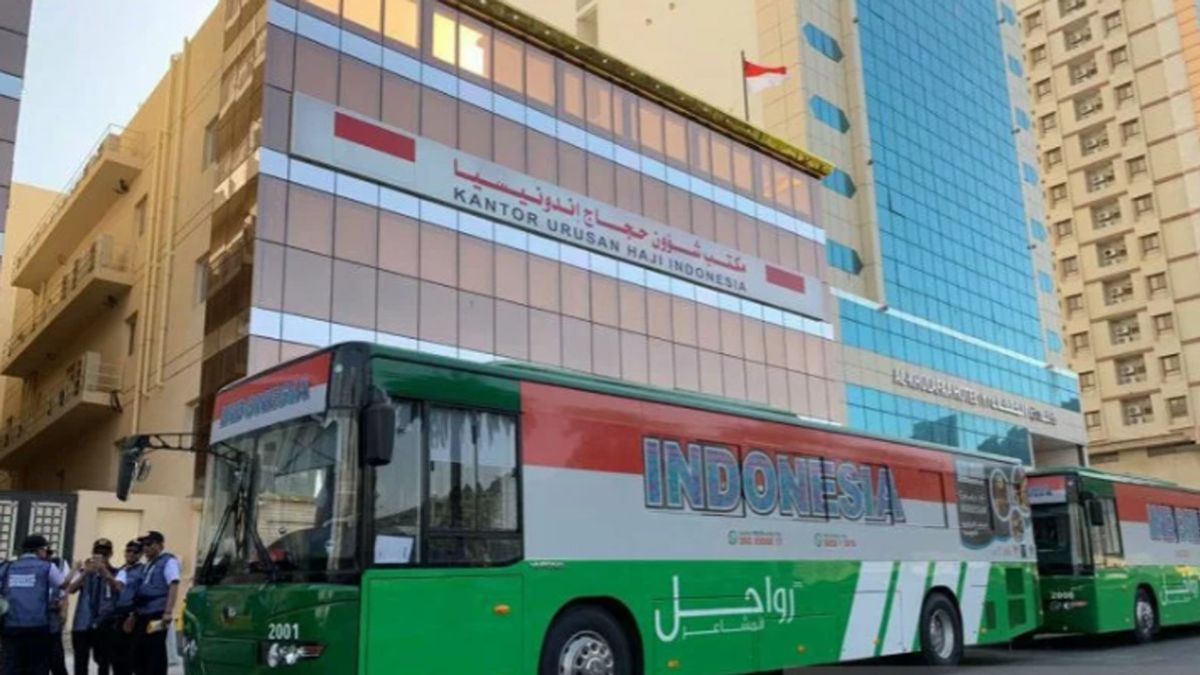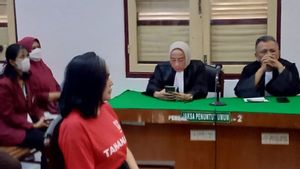JAKARTA - All pilgrims from Indonesia who have comorbidities are expected to receive longer observation or monitoring times than pilgrims without comorbidities when they arrive in the country.
This was conveyed by an Epidemiologist from Australia's Griffith University, Dicky Budiman, Friday, July 15.
Epidemiologist from Australia's Griffith University, Dicky Budiman, said there needed to be an additional observation period for pilgrims returning to the country and being in vulnerable groups such as individuals with comorbidities.
"Apart from those who are symptomatic, if in one group there are positive ones or in one plane, it means that observations must be added, especially in groups that are prone to comorbidities, for example," he said.
For those who do not have symptoms and are not included in the vulnerable group, they can self-quarantine at their respective homes. With a note that there must be a monitoring mechanism from health service facilities such as puskesmas.
If this step is not taken, it could pose a risk to the environment around the congregation who had just returned from the Holy Land.
Not only COVID-19, observations need to be made to anticipate the potential for transmission of other diseases such as meningitis.
"It is important to take precautions not only for COVID-19, there is meningitis, MERS or even the potential for other respiratory diseases that are carried," he said.
Previously, the Ministry of Health ensured to implement health observation procedures for pilgrims arriving in the country to prevent the transmission of COVID-19.
The Head of the Hajj Health Center at the Ministry of Health, Budi Sylvana, in a statement on Wednesday (13/7) said that pilgrims arriving in Indonesia will undergo a health screening upon arrival.
Pilgrims who are symptomatic or show the potential for infectious diseases will be subjected to further examination and antigen testing. If reactive, it will be continued with RT-PCR examination.
If positive, they will be referred to a centralized isolation facility for asymptomatic cases or mild symptoms while pilgrims with moderate or severe symptoms are referred to a referral hospital for COVID-19.
For healthy pilgrims upon arrival and observation at the debarkation hajj dormitory, they can return home and undergo self-quarantine with health monitoring for the next 21 days.
Congregants will also be given a Hajj Congregation Health Alert Card (K3JH) and supervised by the local Health Office.
The English, Chinese, Japanese, Arabic, and French versions are automatically generated by the AI. So there may still be inaccuracies in translating, please always see Indonesian as our main language. (system supported by DigitalSiber.id)













